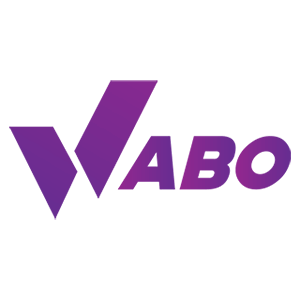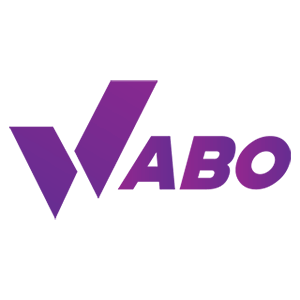Big Wabo’s Controversial Views on Social Issues
In the realm of social discourse, few voices echo as loudly and provocatively as that of Big Wabo. Known for his unapologetically controversial views on a wide range of social issues, Big Wabo has managed to stir up debates and discussions wherever he goes. From politics to culture, from economics to ethics, Big Wabo fearlessly confronts the status quo and challenges conventional wisdom. In this article, we delve into some of the most contentious topics that Big Wabo has tackled, exploring the reasoning behind his views and the impact they have had on society at large.
The Role of Government in Society

One of the central themes in Big Wabo’s discourse is the role of government in society. According to Big Wabo, governments should have minimal interference in the lives of their citizens, allowing individuals maximum freedom to pursue their own interests and goals. He argues that excessive government regulation stifles innovation and personal responsibility, leading to a dependence on the state that undermines the fabric of society. While some may view his views as extreme, Big Wabo’s staunch advocacy for limited government has sparked important discussions about the balance between individual rights and collective responsibilities.
Identity Politics and Diversity
In recent years, identity politics and diversity have become hot-button issues in public discourse, and Big Wabo has not shied away from offering his perspective. He believes that the emphasis on identity categories such as race, gender, and sexual orientation has led to a divisive social climate where individuals are categorized based on immutable characteristics rather than their character or actions. Big Wabo argues for a more inclusive approach that focuses on common humanity rather than differences, challenging the prevailing narrative around diversity and inclusion. While his views have been met with resistance from some quarters, Big Wabo’s willingness to confront uncomfortable truths has forced many to reevaluate their preconceptions.
Economic Inequality and Social Justice
Economic inequality and social justice are themes that Big Wabo approaches with both passion and pragmatism. While acknowledging the existence of systemic injustices that perpetuate inequality, he also emphasizes the importance of personal responsibility and self-reliance in overcoming these challenges. Big Wabo advocates for policies that promote economic growth and empower individuals to lift themselves out of poverty, rather than relying solely on government intervention. His views on meritocracy and the value of hard work have sparked debates about the nature of equality and fairness in contemporary society, challenging traditional notions of social justice.
Freedom of Speech and Censorship
The issue of freedom of speech and censorship is another battleground where Big Wabo has made his mark. A staunch defender of free expression, he believes that censorship, whether imposed by governments or societal pressure, stifles intellectual debate and inhibits progress. Big Wabo argues that true tolerance means allowing all voices to be heard, even those with which we vehemently disagree. His critiques of cancel culture and political correctness have resonated with many who feel silenced or marginalized in today’s polarized environment. By championing the principles of free speech and open dialogue, Big Wabo has become a lightning rod for discussions about the boundaries of acceptable discourse in a democratic society.
In conclusion, Big Wabo’s controversial views on social issues have undeniably left a lasting impact on public discourse. Whether you agree or disagree with his positions, there is no denying the importance of engaging with diverse perspectives and challenging prevailing norms. Big Wabo’s willingness to speak truth to power and provoke thought has enriched the social dialogue and inspired individuals to critically examine their own beliefs and assumptions. Love him or hate him, Big Wabo has secured his place as a formidable voice in the ongoing conversation about the future of society and the values that shape it.




